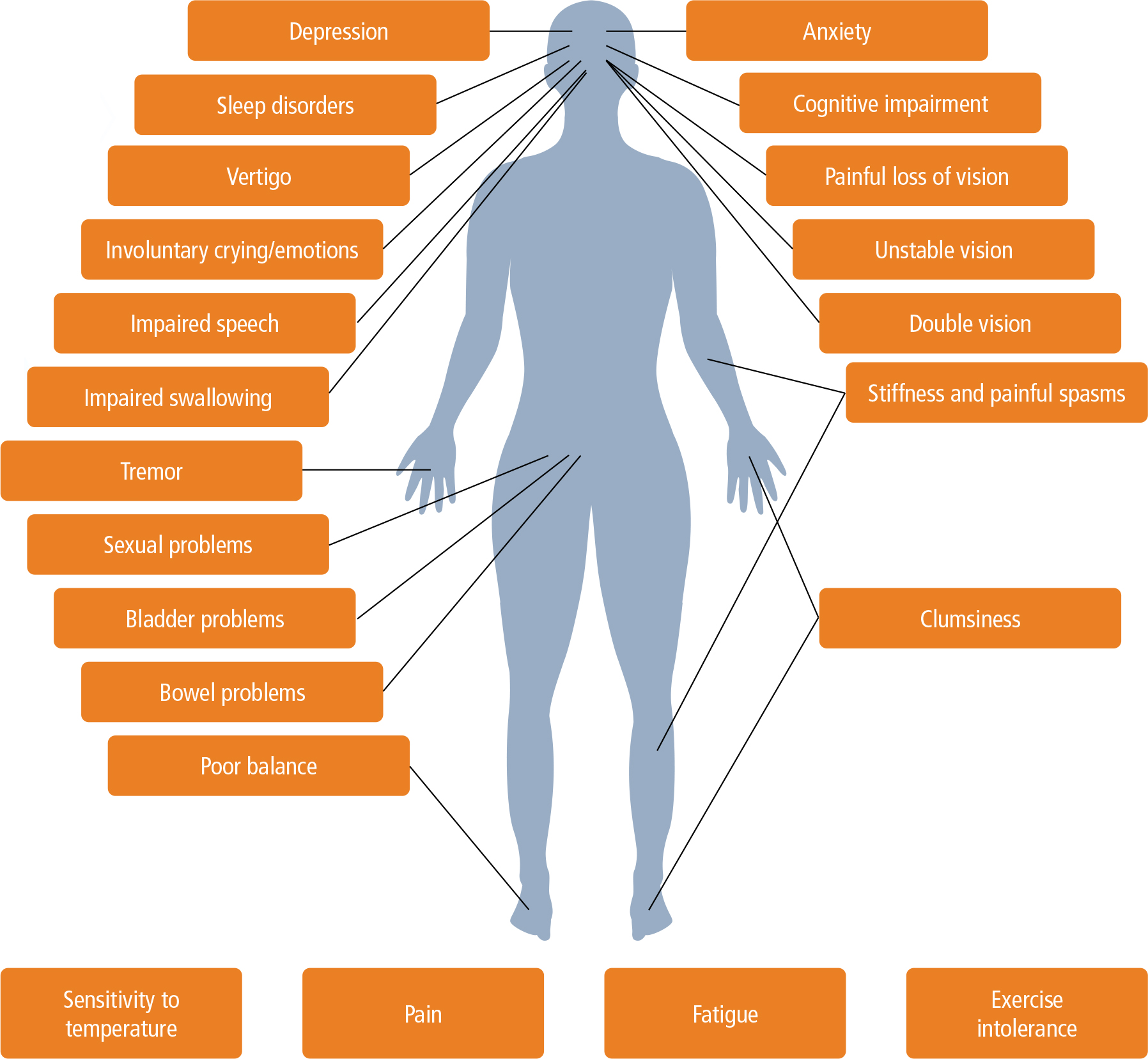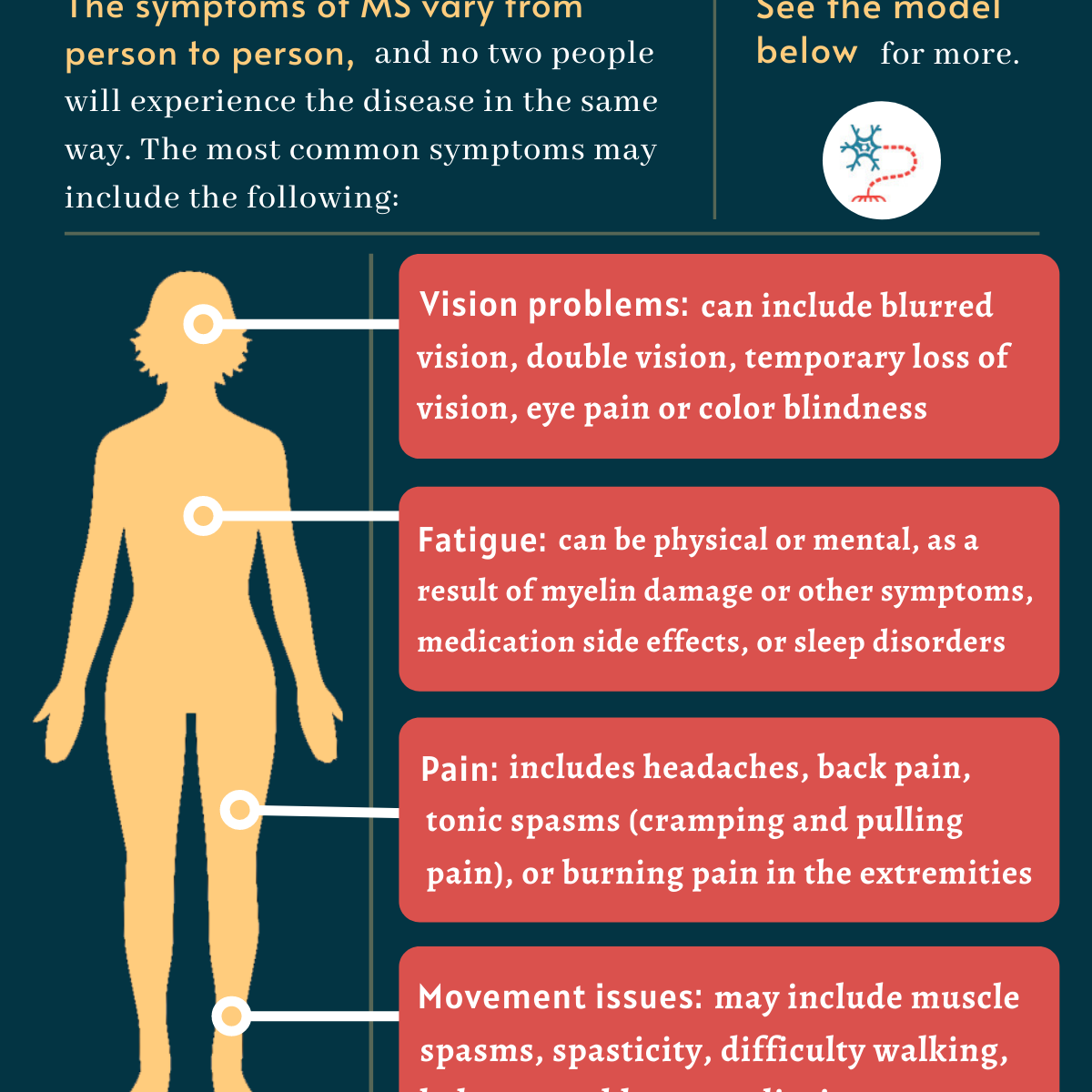Exploring **ms Trigga**: What It Means For Multiple Sclerosis
Detail Author:
- Name : Mrs. Dixie Lesch
- Username : jan.fisher
- Email : lea14@hotmail.com
- Birthdate : 1972-02-17
- Address : 991 Callie Fall Shadberg, CA 02181-0689
- Phone : +1 (984) 921-4338
- Company : Kirlin PLC
- Job : MARCOM Manager
- Bio : Quaerat consequuntur amet aliquam modi qui modi id. Dicta labore minus ut. Impedit cupiditate error explicabo rem qui et optio. Omnis dolorem in ullam quod ducimus.
Socials
facebook:
- url : https://facebook.com/hailey_official
- username : hailey_official
- bio : Eius minima laborum est rerum. Rerum nesciunt doloremque quia.
- followers : 6020
- following : 1677
twitter:
- url : https://twitter.com/hailey_id
- username : hailey_id
- bio : Laborum voluptatem dolorem a quam sint. Laboriosam dolorem recusandae excepturi nesciunt et tempore. Deserunt accusamus sit et quibusdam accusamus.
- followers : 2650
- following : 456
When people search for "ms trigga," they are, in a way, asking a very important question about Multiple Sclerosis. It's a common way to wonder about the things that might make MS symptoms worse, or perhaps even cause the disease to show itself for the first time. This curiosity about what sets off or "triggers" aspects of MS is something many people with the condition, and their loved ones, think about quite a bit, you know.
Multiple sclerosis, or MS, is a health condition that affects the brain and spinal cord, which are parts of the central nervous system. It's a disease that causes a breakdown of the protective covering around nerves, sort of like the insulation on an electrical wire getting damaged. When this covering, called myelin, gets harmed, it can really mess with how signals travel through the nerves.
This nerve damage can lead to a whole range of different problems for people. We're talking about things like feeling numb, having weakness in parts of the body, finding it hard to walk steadily, or even experiencing changes in vision. Understanding what might influence these symptoms, or the disease itself, is a big part of living with MS, so that's what we're going to look into.
Table of Contents
Understanding Multiple Sclerosis: The Basics
What Happens in MS?
Common Signs of MS
Getting a Diagnosis
Types of MS: A Closer Look at Secondary Progressive
The "ms trigga" Question: What Can Influence MS?
Stress and MS Symptoms
Infections as a Factor
Diet and Lifestyle Considerations
MS and Other Health Conditions: The Link with Epilepsy
Early Signs and Potential Steps: Optic Neuritis and Brain Lesions
Frequently Asked Questions About MS
Moving Forward with MS
Understanding Multiple Sclerosis: The Basics
Multiple sclerosis is the most common demyelinating disease of the central nervous system, that's what it is. In this condition, the body's own defense system, the immune system, mistakenly attacks the myelin sheath, or the cells that create it. This attack causes damage, and it means the nerves can't send messages as well as they should, which is a big problem.
What Happens in MS?
The disease process in MS involves the immune system targeting the protective covering of nerves. This leads to inflammation and damage, and in some respects, it can create scars or lesions in the brain and spinal cord. These damaged areas disrupt the flow of information from the brain to the rest of the body, which then causes the various symptoms people experience, you know.
Common Signs of MS
People with multiple sclerosis can experience a variety of symptoms, which really depend on where the nerve damage occurs. Some common problems include numbness, a feeling of weakness, and trouble walking steadily, which can be quite noticeable. Vision changes are also a common complaint, sometimes affecting one eye or causing blurry sight, too it's almost. These signs can come and go, or they might stay for longer periods, varying from person to person.
Getting a Diagnosis
There are no specific tests that can definitively say someone has MS, which can make the diagnosis process a bit drawn out, actually. Instead, a diagnosis of multiple sclerosis is given by combining several pieces of information. This includes looking at a person's medical history very carefully, performing a physical exam, and getting results from MRIs of the brain and spinal cord, and sometimes even a spinal tap. All these things together help doctors figure out if it's MS, in a way.
Types of MS: A Closer Look at Secondary Progressive
For some people, MS can progress over time. Specifically, 20% to 40% of those with relapsing-remitting multiple sclerosis, which is a common form, eventually experience a steady worsening of their symptoms. This is known as secondary progressive multiple sclerosis, and it can happen with or without periods where symptoms lessen, or "remissions." This progression often shows up within 10 to 40 years from when the symptoms first started, basically.
The "ms trigga" Question: What Can Influence MS?
When people use the term "ms trigga," they are often trying to understand what factors might cause MS symptoms to appear or get worse. It's a very real concern for those living with the condition, as knowing potential influences can sometimes help manage the disease. While there isn't one single "trigga" that causes MS, there are things that seem to play a part in symptom flare-ups or progression, you know.
Studies looking at the development of progressive multiple sclerosis have mostly focused on changes within the brain tissue itself, that's what they've done. However, people often wonder about external factors or everyday occurrences that might act as a "trigga" for their symptoms. It's a question that comes up a lot in discussions about managing MS, and understandably so.
Stress and MS Symptoms
Many individuals with MS report that stress seems to have an effect on their symptoms. While stress doesn't cause MS, it's often discussed as something that might make existing symptoms feel more intense or even bring on a new flare-up. Managing stress through various methods, like relaxation techniques or gentle exercise, is something many people consider as part of their overall well-being with MS, so it's often a topic of discussion.
Infections as a Factor
Infections, particularly viral ones, have been looked at as potential influences on MS activity. Some research suggests that certain infections might precede a relapse in some people with MS. It's thought that the body's immune response to an infection could, in some cases, mistakenly target myelin, leading to new or worsened symptoms, or something like that. Keeping well and avoiding common illnesses is generally good advice for everyone, but perhaps especially for those managing MS.
Diet and Lifestyle Considerations
While "My text" doesn't specify particular foods, the role of diet and lifestyle is often a topic of interest when discussing what might influence MS. People frequently explore different eating patterns or lifestyle adjustments in hopes of managing their symptoms or supporting their overall health. It's worth noting that while general healthy living is always a good idea, specific dietary "triggas" for MS can be very individual, and it's always best to talk to a healthcare provider about such changes, naturally.
MS and Other Health Conditions: The Link with Epilepsy
It might surprise some people, but there is a connection between multiple sclerosis and epilepsy. Epileptic seizures are actually more common in people who have multiple sclerosis than in those who don't have MS, that's a fact. This connection is still being studied, but it's thought that the lesions or damage caused by MS in the brain might sometimes disrupt the normal electrical activity, leading to seizures, you know. This is an important consideration for both diagnosis and ongoing care.
Early Signs and Potential Steps: Optic Neuritis and Brain Lesions
Sometimes, certain early signs can prompt doctors to consider the possibility of MS. For example, if someone experiences optic neuritis, which is inflammation of the optic nerve causing vision changes, and they also have two or more brain lesions visible on magnetic resonance imaging (MRI) scans, they might benefit from certain preventative steps. This is a point where early detection and intervention could potentially help manage the course of the disease, or so it seems. It highlights the importance of thorough medical evaluation when such signs appear, basically.
Frequently Asked Questions About MS
Here are some common questions people often ask about Multiple Sclerosis, especially when they're thinking about what might influence the condition:
Can stress trigger MS symptoms?
Many people with MS report that periods of high stress seem to worsen their symptoms or even lead to a relapse. While stress doesn't cause MS itself, managing stress is often recommended as part of a comprehensive approach to living with the condition, you know.
What foods should people with MS avoid?
There isn't one specific diet or list of foods that universally "trigger" MS symptoms for everyone. However, some people find that certain foods affect them personally, and a balanced, healthy diet is generally advised. It's always best to discuss any dietary changes with a doctor or a nutritionist, as a matter of fact.
Are infections common triggers for MS relapses?
Yes, infections, especially viral ones, are often considered potential triggers for MS relapses. The body's immune response to an infection can sometimes lead to increased inflammation in the central nervous system, which might bring on new or worsened symptoms, apparently. Staying healthy and addressing infections promptly is quite important.
Moving Forward with MS
Understanding multiple sclerosis, from its basic mechanisms to the potential "ms trigga" factors that people often wonder about, is a really important step. While there's no single cure, knowing about the disease, its symptoms like numbness, weakness, trouble walking, and vision changes, and how it's diagnosed, helps people live with it. It’s a complex condition, and ongoing research continues to shed more light on its many aspects, you know.
For anyone looking for more detailed information, watching explanations from experts, like those from the Mayo Clinic, can be very helpful. You can find out more about multiple sclerosis symptoms, causes, diagnosis, and treatment from reliable sources. Learning about the disease and its potential influences, or "triggas," can empower individuals to make informed choices about their health and care. Learn more about multiple sclerosis on our site, and link to this page for additional information.

Multiple sclerosis in primary care – diagnosis and early treatment

15 Early Signs of Multiple Sclerosis - Kane Hall Barry Neurology

MS - Bravos Account Pictures Library